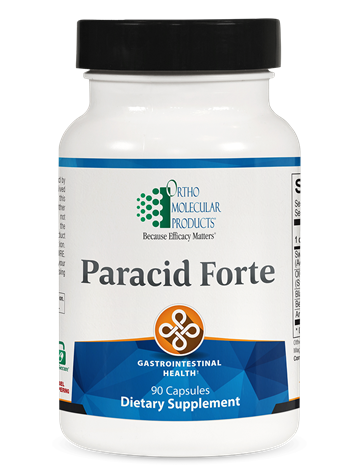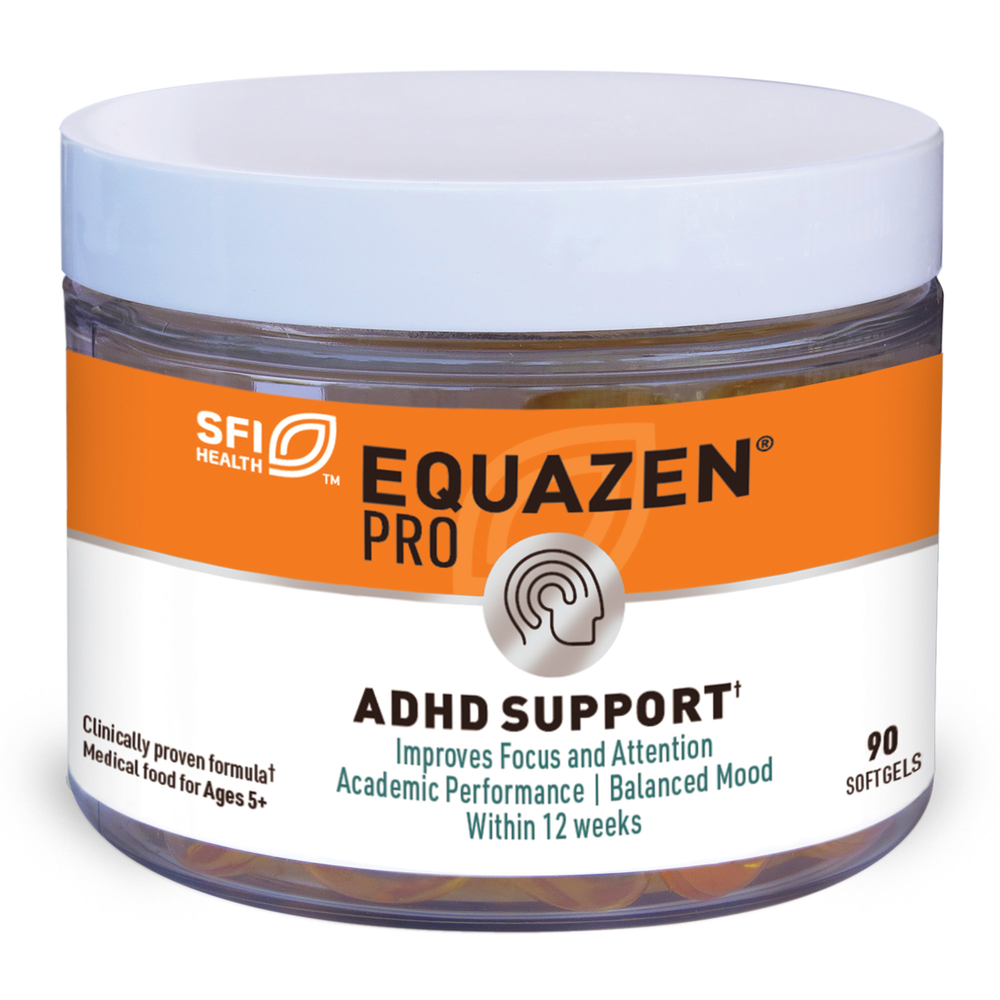
Basically, diabetes is a disease in which the body experiences elevated levels of blood sugar (glucose) due to an inability to either produce or use insulin. Most of the food we eat is turned into glucose, which our body needs for energy. In response to the rise in blood glucose, the pancreas makes a hormone called insulin, to help move the glucose into our cells for an ongoing source of energy.
Type-1 DM is a chronic health condition in which the immune system ravages the insulin-producing cells of the pancreas, causing a loss of the hormone insulin and affecting the way glucose is metabolized.While holistic health approaches can support the body, there is no cure; life-long management REQUIRES insulin.
Type-2 DM develops from lifestyle choices. A highly preventable disease, it was once most common in middle-aged and older people. Today, it strikes an alarming number of young adults and children. It’s directly related to poor eating and exercise habits, which typically results in being overweight – a risk factor for Type-2 DM. If health is not restored through diet, lifestyle changes, and holistic approaches, Type-2 DM can progress to a state in which insulin is required.
A few simple guidelines can help you manage diabetes, and even prevent Type-2 DM.
- Eat fresh whole foods, drink plenty of water, increase dietary fiber and the amount of dark fruits and veggies in your daily diet. Avoid processed foods and added sugars.
- Exercise 30 minutes per day.
- Supplement with a good multivitamin/mineral, EFA and B-vitamin complex.
- Consult with a health care professional to learn how to plan and prepare healthy meals.
- Ask your practitioner about food allergy testing.
- Keep your skin healthy (hydration and whole foods).
- Use natural remedies such as herbal supplements, vitamins, detoxification, and dietary adjustments under the supervision of a holistic physician.
- Take medications or supplements as directed by your doctor.
- Take particular care of your feet. Carefully monitor wounds, because many people with DM experience poor circulation and neuropathy.







